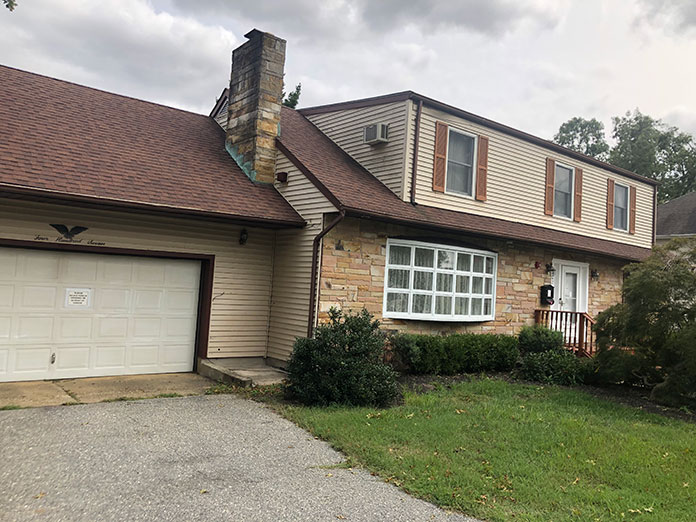
OCEAN COUNTY – Something as simple as a flat tire can break the tenuous financial balance of some families who are living paycheck to paycheck, by creating a domino effect after missing a day of work and having to pay for the tire repair.
It’s not only single-parent homes who are struggling financially while trying to keep a roof over their heads, said Patricia Cash, Executive Director of Interfaith Hospitality Network of Ocean County (IHNOC), which provides shelter, meals and supportive services to the homeless working poor.
“We are seeing more and more intact homeless families because the rents are so high in Ocean County – an average two-bedroom apartment is around $1,500 a month, on the low end, and with both parents making minimum wage…well, you do the math,” she said. “Add an illness or the car breaks down – and now with COVID, many families have become homeless.”

Brick Township recently distributed a $43,500 federal CDBG grant to 12 social service agencies that provide essential services to its residents. IHNOC was awarded $5,000 of the grant money.
Patricia Cash has led the non-profit, interfaith ministry for 23 years. The only other full-time employee is administrative assistant Kerry Jackson, but the organization has over 1,000 trained volunteers from participating host congregations.
IHNOC uses churches and synagogues for overnight lodging, and a church-owned house that also contains a day center and office. Each host congregation furnishes overnight lodging and meals for three to five families on a rotating schedule while the families seek permanent employment and affordable housing.
The church-owned four-bedroom house is located behind St. Joseph’s in downtown Toms River, which can house up to 14 people for two weeks.
The organization is largely supported through donations made by the congregations of the churches and synagogues.
Before COVID, volunteers provided dinner and ate with the families every night, and two of the volunteers would spend the night, Cash explained.

“Every night our [homeless] guests are meeting their community and getting to know each other, and it gives our community a different view of what homelessness is,” she said.
Now, because of COVID, volunteers leave the prepared meal in a cooler on the front porch to avoid exposure to the virus. The house has been empty for two weeks, but that will change once the moratorium on evictions has lifted, Cash said.
IHNOC is part of a continuum of care of some 80 social service agencies who are connected and work together, she explained. Some of the agencies include Fulfill (formerly the FoodBank of Monmouth and Ocean Counties), Village Resources, Legal Services of New Jersey, the Board of Social Services, Department of Children and Families (formerly DYFS), and many more.
The homeless are able to take advantage of some of the services offered by IHNOC while they are guests, including programs on financial literacy, parenting, career counseling, nutrition, support groups and more.
Cash is particularly interested in “word gap,” or a disparity in the vocabulary of children based on their socioeconomic status.

The average child in a professional family hears 2,153 words per waking hour, in a working class family they hear 1,251 an hour and in a welfare family, 616 words per hour. Vocabulary development during the preschool years is related to reading skills and school success in later years, she said.
In order to be eligible for IHNOC services, a family must have three things: children, a vehicle, and a work history, she said.
Cash recalls many success stories from former homeless families who were able to get their lives back on track after leaving IHNOC.
A couple and their two young sons returned six years after they had become homeless and received help from IHNOC. The mother had gotten a degree in social work, and the father had become a pastor of a church, which is now a host site, she said.
“It’s up to them if they want to keep in touch,” Cash said. “I can be their best or worst memory.”
Participating host congregations include Christ Episcopal Church, Toms River; Christ United Methodist Church, Lakewood; Congregation B’nai Israel, Toms River; Epiphany Roman Catholic Church, Brick; Point Pleasant Presbyterian Church, Point Pleasant; Refuge House of Prayer COG, Toms River; St. Andrew United Methodist Church, Toms River; St. Barnabas Roman Catholic Church, Bayville; St. Joseph’s Roman Catholic Church, Toms River; St. Mary’s By-the-Sea Episcopal Church, Point Pleasant; St. Mary Roman Catholic Church, Lakewood; and St. Paul Lutheran Church, Beachwood.






